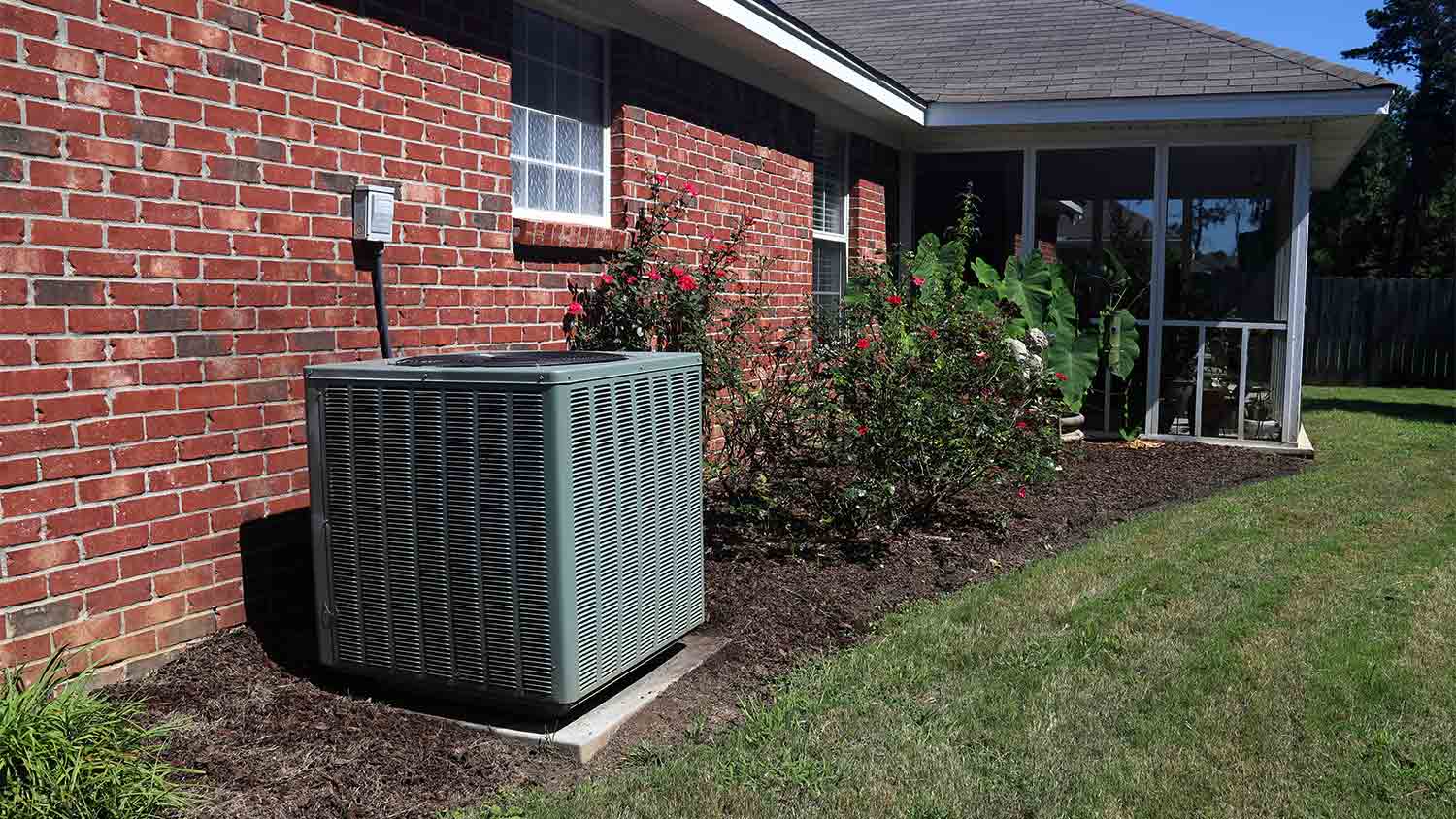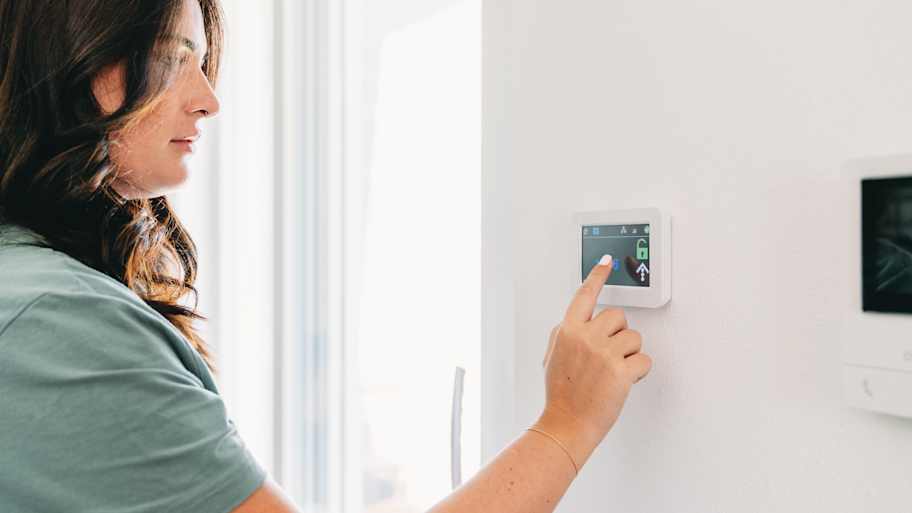
When determining your AC coil cleaning cost, you’ll need to factor in the type, cleaning method, and more. Our cost guide will show you what to expect.


Calculating tonnage for your AC can help the system run efficiently.
Square footage is the primary factor when calculating AC tonnage.
Sunlight, ductwork and insulation, heat-generating appliances, and climate affect tonnage.
Installing a new AC unit costs between $3,906 and $8,020.
Air conditioner tonnage is a measure of how large an air conditioner is and, therefore, how much cooling capacity it has. Tonnage refers to how many BTUs of heat the AC can remove each hour—one ton of cooling equals 12,000 BTUs of heat removed per hour. If you’re wondering, “What tonnage AC do I need?” we can help. Calculating tonnage will help you choose the unit that has a sufficient cooling capacity without being too large or too small.

When it’s time to upgrade your AC, you can get a good idea of the AC tonnage you need by estimating based on the size of your home. You’ll also need to consider other factors like insulation, type of AC unit, amount of sun exposure, usage of heat-generating appliances, the region you live in, and home features that can modify the temperature, like a fireplace, among others.
Using the square footage of your house, refer to the chart below to get an estimate of AC tonnage.
| Square Feet | AC Size |
|---|---|
| 600 | 1–2 tons |
| 1,000 | 2 tons |
| 1,500 | 3–4 tons |
| 2,000 | 4 tons |
| 2,500 | 5–6 tons |
| 3,000 | 6–7 tons |
To calculate AC tonnage, you’ll need to know how many square feet your home is and then apply the following formula:
AC Tonnage = (Square feet x 25) / 12,000
Before you can determine the AC tonnage you need and choose a central air conditioner, you should measure the square footage of your home. To do this, measure the length and width of each room and multiply them together. You may have to break the room into smaller sections or regular shapes for large or irregularly shaped rooms.
Once you have the measurements of each room, add them together to determine the total square footage.
A local HVAC pro can come to your home and estimate the tonnage of your new AC unit. Using the square footage as a starting point, they’ll also take other factors into consideration, including the quality and condition of your ductwork and insulation, the amount of direct sun exposure your home gets, the quality of the number of windows and doors, the material your home is made of, and the local climate. Using all of these inputs, they’ll be able to give you an accurate estimate so you can purchase the right size air conditioning unit.
From average costs to expert advice, get all the answers you need to get your job done.

When determining your AC coil cleaning cost, you’ll need to factor in the type, cleaning method, and more. Our cost guide will show you what to expect.

New AC compressor costs depend on factors like the compressor’s size and type. Read on to learn more about ac compressor cost factors, in this guide.

Get transparent, up-to-date swamp cooler repair cost info to learn what impacts pricing and how to save on your next swamp cooler repair.

Keeping your home cool all summer can be a challenge. Read on to learn the pros and cons of dual-home air conditioners.

Poor airflow and high energy bills? It might be static pressure. Learn what it is, how it affects your HVAC system, and how to get it under control.

Discover the differences between 3.5 CFM and 5 CFM vacuum pumps, including which option is best for HVAC jobs and how to choose the right one for you.